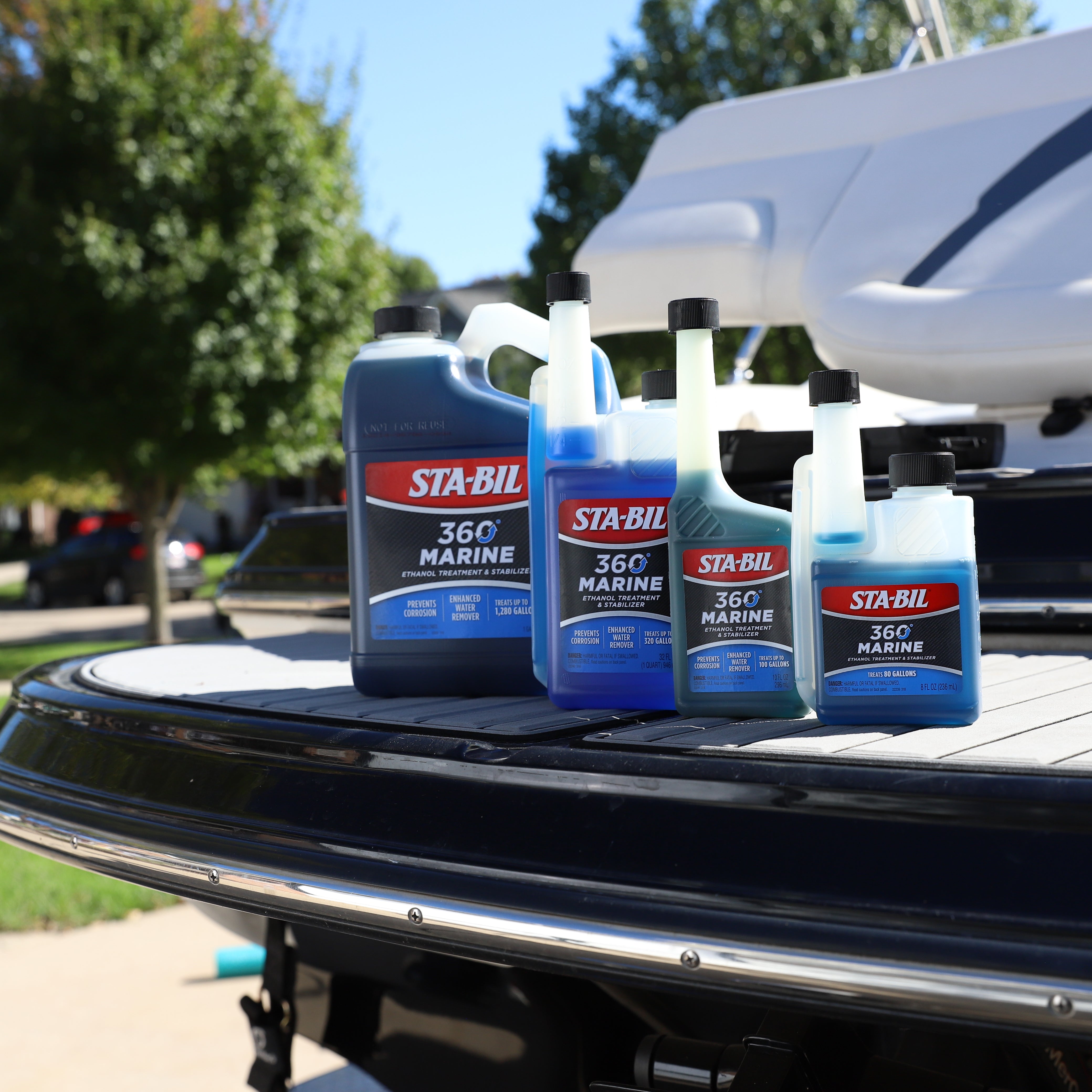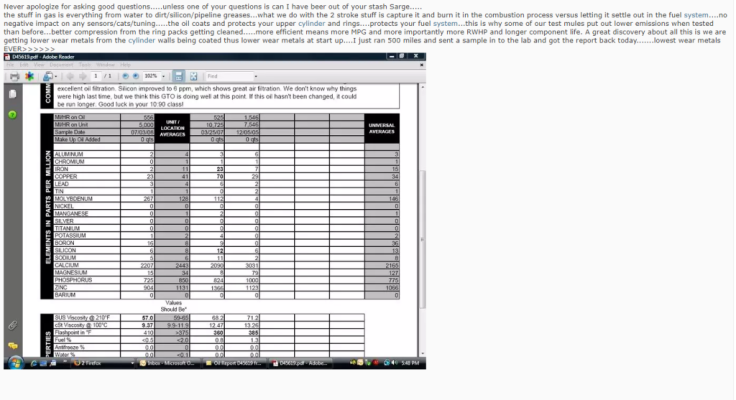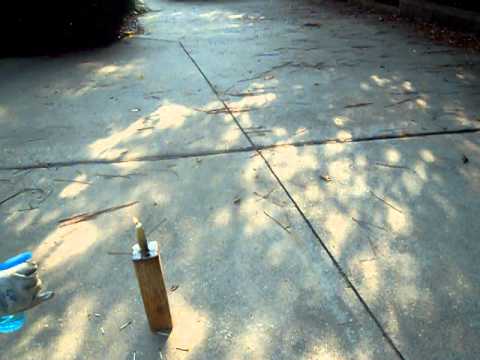heefageLA
Senior Member
Im interested in the wizards' opinions around here if this still an accepted practice. I recently got my first 6.4L and have found out that the engine is very different than the 5.7Ls im familiar with.
Im a true believer in using TCW3, 1oz. / 5gal. ratio, in small engines. I found that using that same ratio in my 5.7L was a bit too rich and went down to 1oz. / 6gal. and that made the ratio perfect.
Ive been using this additive for many years now with great success. I can go months on end with fuel being in my jeep, mower, 4-wheelers, generator, etc... and have never had an issue with the engines starting immediately and running great.
Id like to know your thoughts on this.
Also, would the additive raise or lower the octane rating? My 6.4L calls for 87 octane. If TCW3 lowers my octane I would purchase 89 to offset that. If it raises the octane I would maybe dilute the ratio further to try and stay at 87.
Any Google search of, TCW3 in Gasoline, will bring numerous articles discussing this practice.
Thanks for the advice, you wizards of truck life blood.
Im a true believer in using TCW3, 1oz. / 5gal. ratio, in small engines. I found that using that same ratio in my 5.7L was a bit too rich and went down to 1oz. / 6gal. and that made the ratio perfect.
Ive been using this additive for many years now with great success. I can go months on end with fuel being in my jeep, mower, 4-wheelers, generator, etc... and have never had an issue with the engines starting immediately and running great.
Id like to know your thoughts on this.
Also, would the additive raise or lower the octane rating? My 6.4L calls for 87 octane. If TCW3 lowers my octane I would purchase 89 to offset that. If it raises the octane I would maybe dilute the ratio further to try and stay at 87.
Any Google search of, TCW3 in Gasoline, will bring numerous articles discussing this practice.
Thanks for the advice, you wizards of truck life blood.
Last edited:








